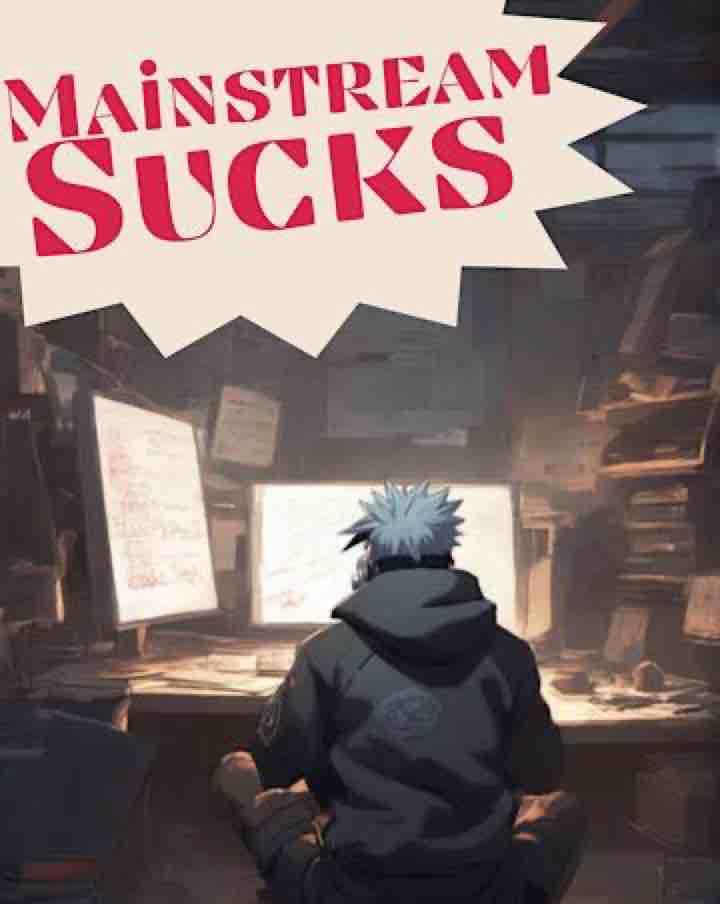Is mainstream anime overrated and overhyped: an argument for underground anime and praise for Banana Fish
Mainstream ick?
Controversial opinion, but I hate mainstream anime. Before you take up your pitchforks and attack me, I’m not saying mainstream anime is bad.
While you’re here, check out one of my anime favs Banana Fish
more about Banana Fish…
At its core, Banana Fish is a narrative steeped in darkness, a tale of corruption, violence, and the search for redemption. It is a story that unfurls with the precision of a surgeon's scalpel, cutting deep into the psyche of its audience, leaving scars that linger long after the final credits roll. The protagonist, Ash Lynx, is a figure of tragic beauty—a young man forged in the fires of hardship, his every move a testament to his resilience and unyielding spirit.
Ash Lynx, with his ethereal beauty and feline grace, navigates the perilous underbelly of New York City, a world teeming with danger and deceit. His journey is one of survival, but also of connection, as he encounters Eiji Okumura, a gentle soul who becomes his anchor in a sea of turmoil. The bond between Ash and Eiji is a poignant counterpoint to the brutality that surrounds them, a delicate thread of hope that weaves through the darkness.
Banana Fish does not shy away from the complexities of its characters. Ash, with his sharp intellect and haunted past, is a study in contradictions—a warrior with a heart that yearns for peace, a leader who is also profoundly alone. Eiji, by contrast, is a beacon of purity, his unwavering loyalty and kindness a balm to Ash's wounded soul. Together, they form a dichotomy that is both heart-wrenching and uplifting, their relationship a testament to the enduring power of love and friendship.
The anime's artistry is equally noteworthy. The animation is a visual feast, capturing the gritty realism of urban life with a painter's eye for detail. The music, too, plays a crucial role, its haunting melodies underscoring the emotional weight of the narrative. Each element is meticulously crafted, coming together to create a work that is greater than the sum of its parts.
Banana Fish is more than just an anime; it is a reflection of the human condition, a mirror that reveals our deepest fears and desires. It is a journey into the heart of darkness, but also a celebration of the light that can be found even in the most desolate places. It is a story that lingers, its echoes reverberating long after the screen has gone dark.
In the end, the joy of Banana Fish lies in its ability to move us—to make us feel, think, and question. It is a testament to the transformative power of storytelling, a reminder that even in the darkest of times, there is always a glimmer of hope. And it is this hope that gives Banana Fish its enduring allure, drawing us back time and again to its world of beauty and pain.



